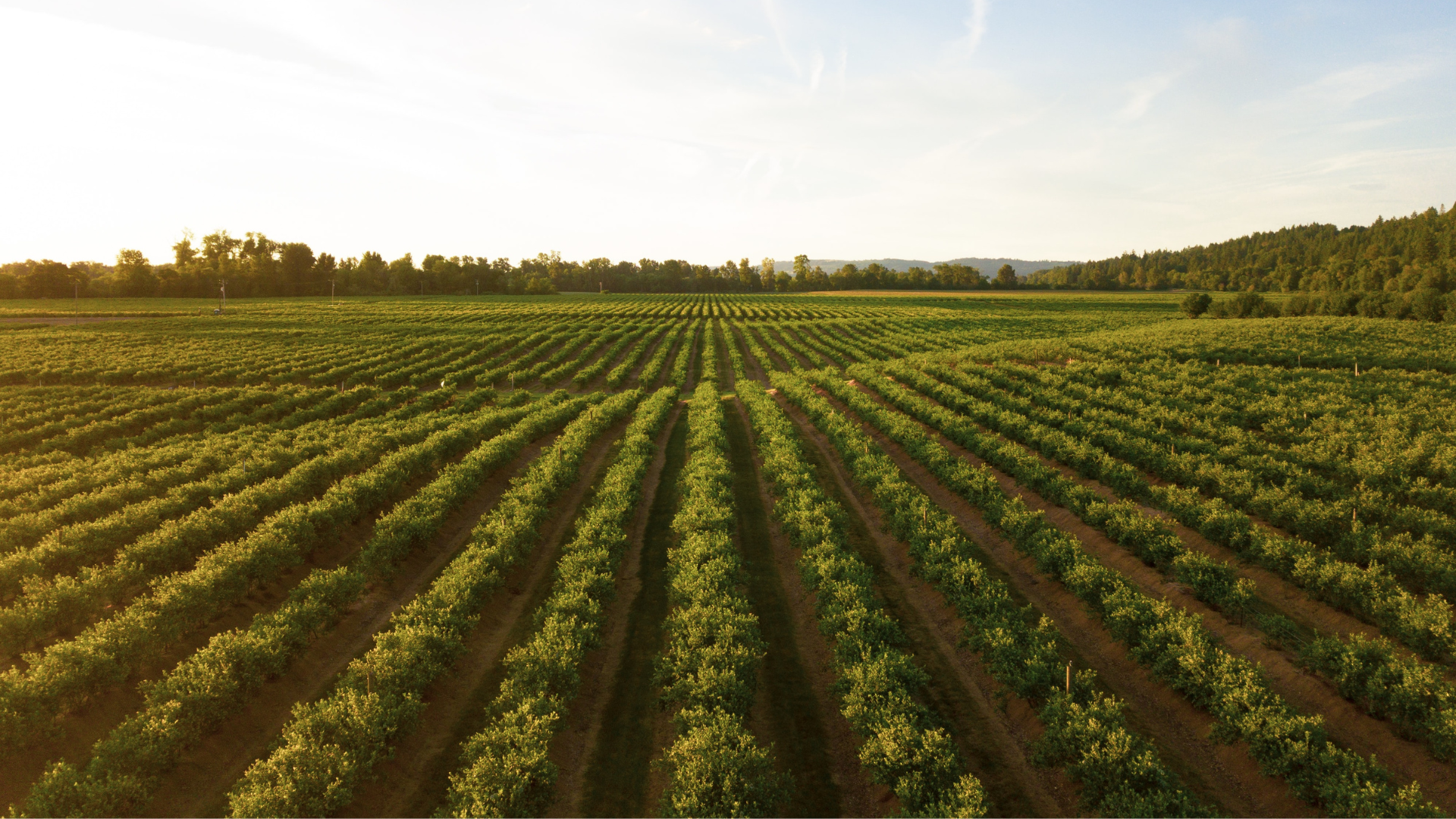Solar power has become increasingly crucial as a sustainable alternative to the global energy crisis. By installing solar panels in homes, individuals can significantly cut down on electricity costs while reducing their carbon footprint. On a larger scale, solar energy is making waves across industries, with innovations like solar canals and solar farms capturing public attention. One fascinating development on the horizon is the integration of solar energy with traditional farming practices. Recent studies suggest that solar panels and agriculture may soon go hand in hand, thanks to the concept of agrivoltaics. This approach holds immense promise for reshaping the future of both energy production and food security. Agrivoltaic farming, combining agriculture and photovoltaics, involves cultivating crops beneath solar panels. Many countries, including the UK, have committed to achieving net-zero carbon emissions by 2050, aligning with the goals of the Paris Agreement. To meet these ambitious targets, the UK plans to boost its reliance on renewable energy sources fivefold by 2035. However, transitioning to renewable energy doesn't necessarily mean sacrificing agricultural output. A growing body of research shows that growing crops under solar panels can yield multiple benefits for both farmers and the environment. For instance, the UK has already begun exploring ways to repurpose farmland for solar panel installations without halting crop production. The setup is relatively simple. Solar panels are mounted slightly higher than usual to allow sufficient space for crops to thrive underneath. This arrangement ensures that sunlight reaches the ground while providing partial shade to the plants. Research published in Nature highlighted that agrivoltaic systems can double or even triple crop yields compared to conventional farming methods. The study focused on crops like chiltepin peppers, jalapeños, and cherry tomatoes grown under solar panels. Researchers closely monitored environmental factors such as light intensity, air temperature, humidity, and soil moisture, finding that shaded crops experienced reduced water stress and enhanced growth. Contrary to initial impressions, excessive sunlight can harm plants by causing dehydration and stress. Shaded crops, however, experience less water loss and maintain cooler temperatures, allowing them to focus more energy on growth. In the Arizona study, basil and tomatoes thrived, and pepper plants produced three times more fruit under agrivoltaic conditions. Agrivoltaic systems also contribute to water conservation. The shade provided by solar panels reduces the risk of scorching crops and helps maintain optimal growing conditions. Plants beneath the panels transpire water naturally, creating a balanced microclimate that prevents overheating and conserves resources. Interestingly, solar panels themselves benefit from the proximity of vegetation. Evaporative cooling from nearby crops keeps the panels at optimal operating temperatures, enhancing their efficiency. This synergy creates a virtuous cycle: more crops mean more energy, which in turn supports further agricultural development. Another unexpected advantage lies in supporting pollinators. Native plants planted around solar panels provide habitats for bees and butterflies, whose populations are dwindling due to habitat loss and chemical exposure. By fostering biodiversity, agrivoltaic farms can play a role in preserving vital ecosystems. As we face challenges such as population growth, economic pressures, and climate change, innovations like agrivoltaic farming offer a beacon of hope. By integrating solar energy into agricultural practices, we can create sustainable solutions that nourish both humanity and the planet. If you're curious about contributing to a greener future, check out our blog for ideas or reach out to learn more. Parts Box,Plastic Parts Bins,Parts Storage Bins,Parts Bin Jiangsu Ru Shun plastic industry Co., LTD , https://www.rushunsuye.com
What is Agrivoltaic Farming?
How Does It Work?
Benefits of Growing Crops Under Solar Panels
Reduced Stress, Enhanced Growth
Water Conservation
Increased Energy Efficiency
Pollinator Protection